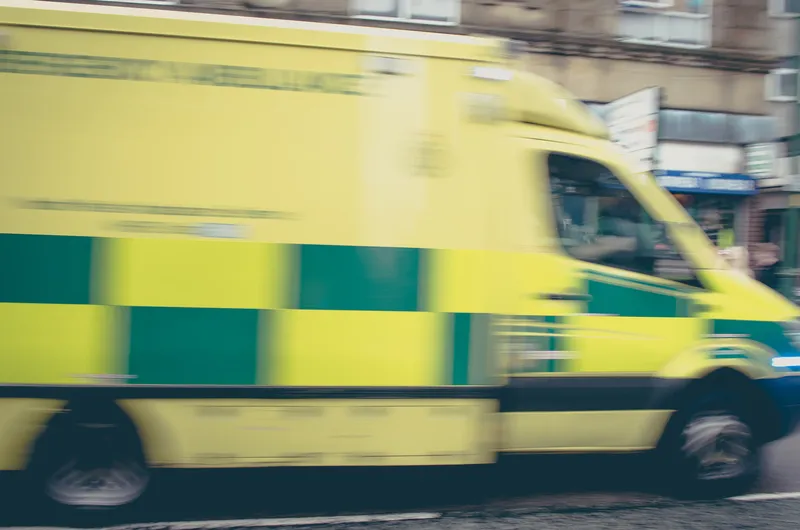
UK-based research group TRL is partnering with University Hospital Southampton to reduce road deaths by linking health records and road traffic collision data for the first time.
The English hospital and TRL have together been awarded £500,000 by the UK’s Department for Transport and the Road Safety Trust to launch what they say is a world-first initiative, the two-year Data Sustains Life project.
Data Sustains Life aims to anonymously integrate wide-ranging data insights, providing a holistic view of the causes and consequences of road crashes in the UK. It will explore the relationship between road crashes and the resulting health outcomes, offering an approach to improving road safety and coordinating the efforts of both the healthcare and transport sectors.
“By anonymously linking health data with road safety data, we can unlock new insights that will enable us to approach road safety with a fresh perspective,” said Phil Martin, head of transport safety at TRL. “Our goal is to ensure that no more lives are unnecessarily lost on Britain’s roads.”
Data Sustains Life is a core part of a growing Pre-hospital Research and Audit Network (Prana), led by Phil Hyde as principal investigator and a paediatric intensive care consultant at the hospital. It is linking data from ambulances, air ambulances, police, the Department for Transport and coroners, as well as the many interactions flowing through hospitals. This includes emergency care, intensive care, trauma care and rehabilitation registries.
Prana is one of the first projects to use the Wessex Secure Data Environment platform, from the UK’s National Health Service. It aims to unlock patient data to develop new treatments and improve NHS efficiency, effectiveness and safety.
The Data Sustains Life project will focus on the counties of Dorset and Hampshire as well as the Thames Valley region including London. TRL said that the process will be capable of being scaled in other regions and nationally with investment from statutory authorities. Findings are expected to inform both national road safety policies and global best practices.
“The concept of linking these different data sources was thought to be impossible, but every idea has its time,” said Hyde who is also a pre-hospital critical care consultant Air Ambulance service for the counties of Dorset and Somerset. “Enabled by the Wessex Secure Data Environment, this project will allow UK researchers to identify patterns, risk factors and critical points for intervention. The ultimate goal is to use these new data to inform better policies and strategies to bring down the number of fatalities and serious injuries.”
The Road Safety Trust is an independent grant-giving trust supporting projects and research to make UK roads safer for all road users - pedestrians, cyclists, mobility scooter users, car drivers, truck, van drivers and motorcyclists.
University Hospital Southampton in southern England services around 1.9 million people living in the county of Hampshire.










